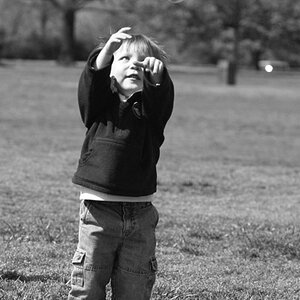DScience
No longer a newbie, moving up!
- Joined
- Apr 12, 2009
- Messages
- 1,513
- Reaction score
- 122
- Location
- Denver, CO
- Can others edit my Photos
- Photos NOT OK to edit
I was just looking at the pictures posted in the professional gallery and they are all so freakin' awesome. They HAVE to do a ton of photoshopping right? I mean, I know a lot of it has to do with getting a good picture, but I have snapped some good pictures but they don't look as wonderful as those in the professional gallery. There is just a huge difference.
what is the 'professional' gallery?


![[No title]](/data/xfmg/thumbnail/36/36392-ee7dc51c9be334b9979003f6316db12e.jpg?1619737547)
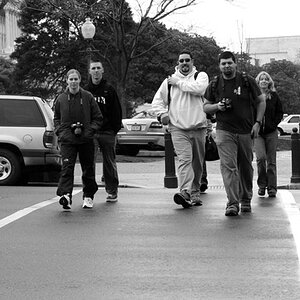
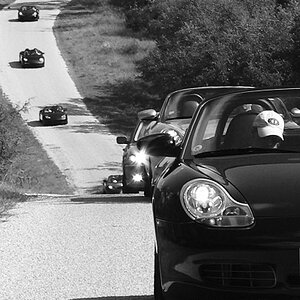
![[No title]](/data/xfmg/thumbnail/32/32632-476f3d925401f13cffe1cc2b41945614.jpg?1619735553)
![[No title]](/data/xfmg/thumbnail/38/38263-ad5e4c9e677626ddb5b1e7cdf9ebe40e.jpg?1619738548)
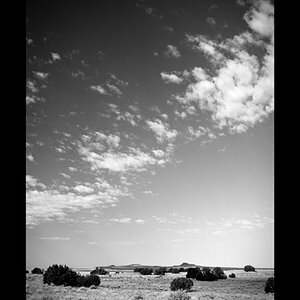
![[No title]](/data/xfmg/thumbnail/32/32165-6bb394c486dda7ec16d8fee786f03151.jpg?1619735234)
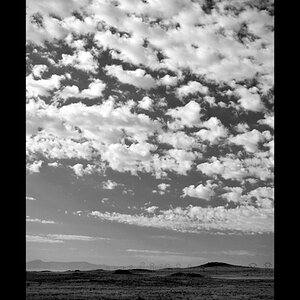

![[No title]](/data/xfmg/thumbnail/32/32164-d68fa2de02f9bef524bbd68aac2f12e4.jpg?1619735234)
![[No title]](/data/xfmg/thumbnail/40/40287-4f839095000f74d779b90ed75df9dc62.jpg?1619739408)
